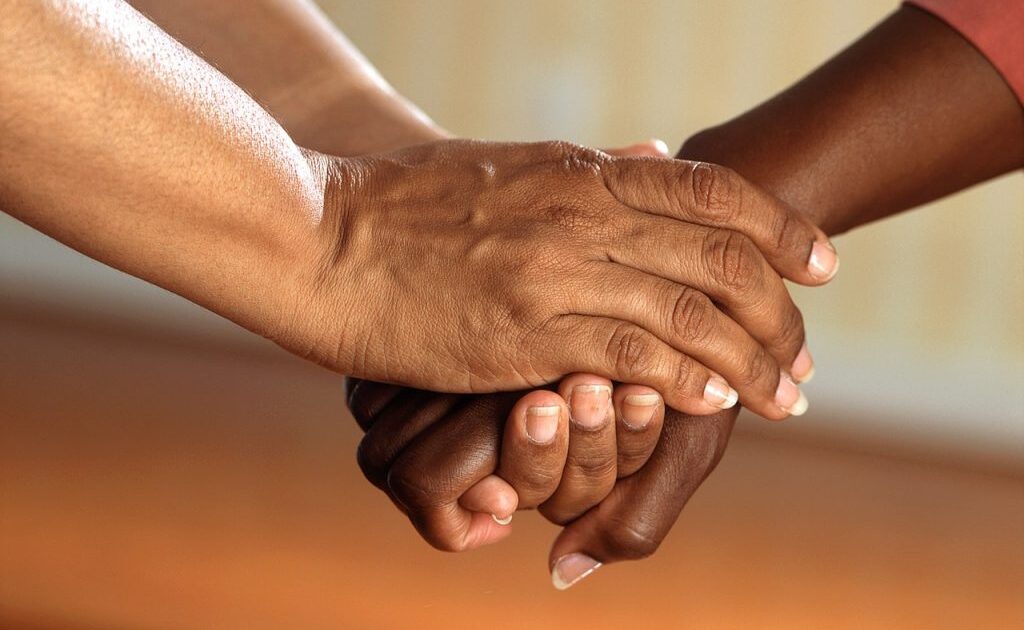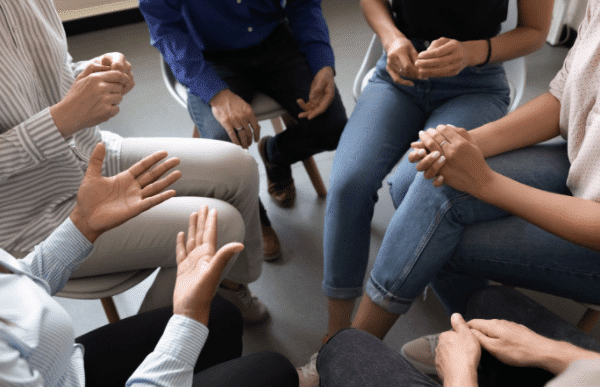Benefits of Involving Family During Addiction Treatment

An addiction or disorder usually begins due to social interaction. In fact, whether we know it or not, families can be unwittingly involved in the process of addiction.
As the addiction gets more serious and the condition worsens, the addicted individual may start cutting off relationships within the family.
They start to lose the ability to communicate and interact with the people around them. Of course, since each member of our family is important to us, we have to make sure that we are there for each other.
During such a crucial period, it is essential for the family to get involved.
Why is Family Integration Important?
Some people may think that it is the individual’s responsibility to seek help. In some cases, they may even blame each other for the addiction. But, as we all know, blaming won’t get us anywhere and won’t help anyone.
That is why in family integrated treatment, it focuses on involving each household member to gain mutual understanding and support.
The journey to recovery is always a long and tiring process. So, it is important to have ample support from loved ones – family therapy is one of the best ways to do so.
Family Integrated Treatment VS Self-Care
More often than not, self-care is thought to be a selfish move. Some people might believe that self-care is going to deprive another person of getting more help.
This is especially the case when they believe that that person requires more help and assistance.
However, that is not true. Often times, when more household members are involved, the problem of the addiction can be solved from the root cause. For example, someone’s addiction could have started as a coping mechanism caused by constantly fighting parents.
This is why involving loved ones during addiction treatment is extremely important. It will teach each household member what role they can play to help cure the addiction and be involved in the recovery process.
Family integrated treatment comes in many different forms, such as group outing days, counselling sessions, or even individual calls to provide support. All of these different activities were designed all for the betterment of the addicted.
Allows Family Members to Understand Better
One of the most common causes of conflict is that close relatives do not understand the actions of the addicted individual.
Undoubtedly, it can be hard to come up with a logical explanation of their behavior, as their reasoning ability has inevitably decreased. Thus, learning how to deal with it may be harder than you expect.
For example, loved ones should learn how to refuse giving money to the addicted for their unhealthy habits in a peaceful manner.
Scientifically developed, the family system model has helped loved ones to form patterns and routines of behavior that are not controlled by the addiction.
Sometimes, household members even encourage an unhealthy habit unknowingly. By understanding what triggers the addiction and relapses, family members can support the individual and prevent it from happening again.
With professional assistance, loved ones are unlikely to trigger the addiction. Instead, they will provide a strong foundation for support and help in the recovery process.
Realistic Expectations Will Be Formed
Sometimes, the addict may seem to be distant from their loved ones, as he or she is unable to provide financially or bond emotionally to the rest. If family members fail to be educated about the addiction, they may end up disappointed.
This will only result in frustration from both sides and slow down the recovery process. With better understanding and education, both members of the family and the individual will be better equipped to build a support system with little tension and more realistic expectations.
Stop the Stigma of Addiction and Treatment
Although our society has progressed greatly in the past decade, there are still some countries where addiction and treatment are rarely discussed. Hence, including close relatives during treatment will reduce or even remove the stigma.
It’s important to remove this stigma, as it ties down addicts who are afraid of judgement from others.
However, remember that the addiction will not go away by itself. Ultimately, the addicted individual will always need to step in and take charge of his or her life. The sooner it is done, the better it is for them and their family.
Open Discussions Within a Safe and Neutral Forum
The presence of the therapist can make a difference. Without them, the session can end up being unproductive and chaotic. That is why the role of the therapist is to mediate the conversation.
This is so that the session is healthy, useful, uplifting and without harmful accusations.
Furthermore, there may be negative or unhealthy family relationships that form with the addicted loved one. In that case, therapists can suggest activities to restore the family structure.
As a professional, they will always be respectful towards household beliefs and will not go beyond the line.
Families Draw Closer to One Another
Everyone makes mistakes and that is a normal part of human life. Although recovery is a difficult and time-consuming process, having a family support system will help one think through decisions. Ultimately, they will help the addicted household member make better choices.
Each member will face challenges and they will see every one of them work hard to overcome it. Seeing everyone do their best to contribute to the family will bring about joy and admiration too.
With cooperation and teamwork, each and every one in the household will ultimately understand their role and place in the family system. That is when they feel a sense of belonging.
Making a Real Difference
Compared to individual therapy, family integrated therapy can heal your entire family – this is very important in the long term. This is because the relationships built between the recovering individual and their loved ones are often the most cherished ones.
It is essential for them to know and be a part of the recovery journey. This is the real difference loved ones can make in the recovery process.
Conclusion
In conclusion, there are many benefits to involving family in the process of addiction treatment. Although it is less common, it does not mean that this option should be eliminated completely. It’s important to remember that family is always the strongest source of strength and support.
With their involvement, the family member who is being treated will learn to be a stronger person and have a better relationship with each member of the family. What’s more, he or she will remember that they are not alone in the recovery process.


